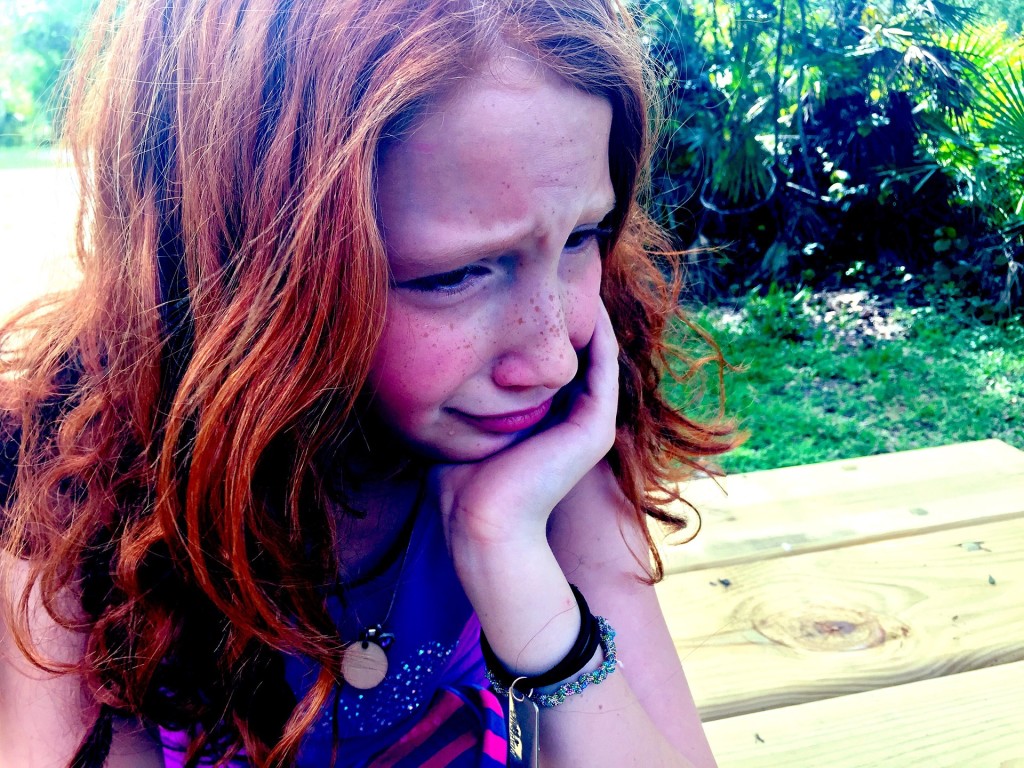
Dear Reader,
When we think about grief, most of us quickly think about the loss of someone or even the loss of a pet. However, in this post, we want to invite you think about grief as a process that refers not only to losing a pet or a person; but a dream, a hope, or a wish.
Imagine the scenario of a woman who wanted to become a mother and couldn’t be because her body didn’t allow her to do so, or a scenario where a person who went through a natural disaster is now struggling with a permanent condition, or a young man with dreams to live close to his family ends up alone in a different state because of the randomness of life. To grieve is to acknowledge that a person, a pet, a dream, a wish, or a hope is no longer with us, and no matter how hard we try, it’s irreversible.
When we grieve, we experience a hole, even a sense of emptiness. For some of us, the pain doesn’t subside into a bittersweet moment, but it remains fresh, like the loss just happened. No matter where we are, whether it’s work or school, maybe lunch with friends, thoughts of the person, pet, or dream we had, take over our minds. It can get so bad that we either can’t function or we shove the feelings away somewhere. This is when we talk about a complicate grief reaction, when a person cannot resume normal activities beyond six months.
Often, people with complicated grief are dazed or numb. Out of the blue, we may cry uncontrollably and have trouble managing our feelings. “I just want to understand,” “Why did this happen?” “They would’ve stopped it!” we say to ourselves over and over. Sometimes we feel shame or guilt “What did I do?” “Am I such a bad person that I deserved this?” “I shouldn’t have said that before he died.” None of what’s happening seems possible; we just can’t wrap our minds around it. “Maybe I can call or see them,” “Maybe I can make it right somehow.” The thoughts keep coming and the feelings threaten to knock us over.
Treatment for complicated grief includes psychoeducation, self-monitoring (keeping track of thoughts, sensations, feelings, and urges that are difficult to manage), emotion regulation strategies to help manage overwhelming emotions, acceptance skills, self-compassion (learning to be kind to yourself when times are tough), behavioral activation (to manage the sadness), and exposure to address the symptoms of re-experience the loss as if it just happened.





